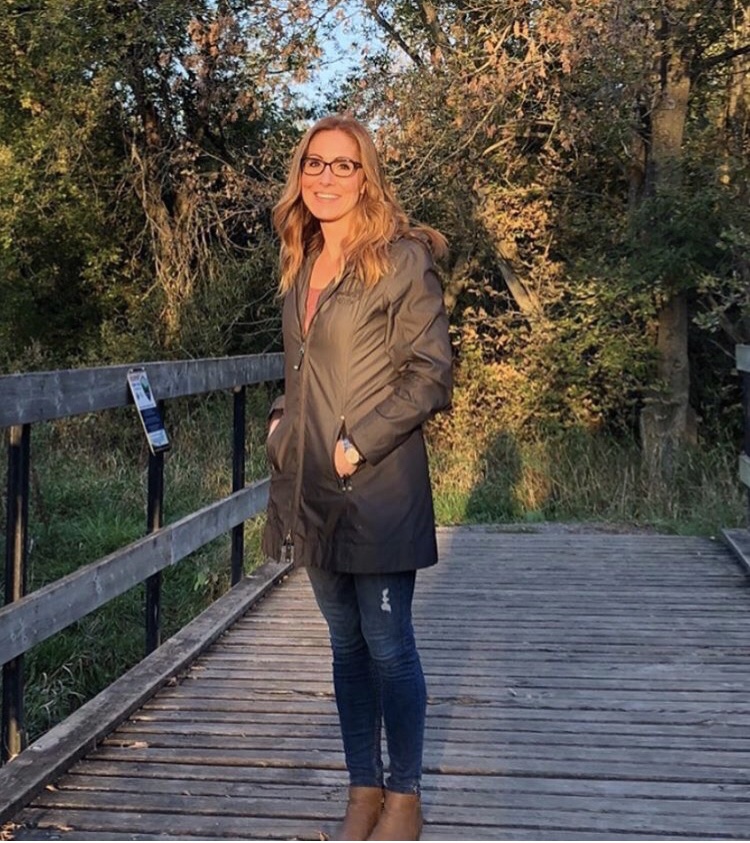I have cried a thousand tears feeling the loss of my children’s dad who suffered a stroke last year. He survived, however the impact has changed him and our lives forever. My heart is broken for him, for our children and if I’m being honest for me too. This space between what he wants to be as a dad and what he is able to be has turned into a gaping hole.
Our whole family has been feeling it, sometimes we talk about it and sometimes we don’t. For our youngest child, it took him almost a year and a half to acknowledge the changes that had happened. He recently broke down crying asking me “Where is the dad who used to play outside with me and the one who used to shoot pucks with me? He told me that he will only be a kid for awhile and he wants to have memories with him, that he just wants his dad back.
Our son was finally able to process and say out loud what he had been feeling, his grief over the loss of what he knew his dad to be. He is experiencing a kind of grief that is not often talked about or understood – unconventional grief, or sometimes called ambiguous grief.
This type of grief happens when someone you love experiences things such as mental illness, drug or substance addiction, family trauma, dementia, Alzheimer’s, or a brain injury. The Bereavement Academy defines unconventional grief as “Grief caused by a loved one becoming someone that you no longer know or recognize”. What a complex thing for an adult, let alone a child to understand. The person you have loved is gone and has been replaced by someone new that you do not recognize.
http://thebereavementacademy.com/unconventional-grief-grieving-someone-alive/
Grief is hard, and witnessing our children going through it is even harder. It is a helpless feeling to see our children experience pain that there is nothing we can do to take away. Grieving someone who is still alive can be even more confusing but there are tools and support we can utilize to help both us and our children make our way through the process.
The first step begins with acknowledging it is real and valid. Unconventional grief is not a topic that is often talked nor understood until you are faced with it. Sharing your thoughts and feelings with each other, close family members, friends, or even a counsellor can be helpful. There is a form of healing that often begins when we say things out loud.
Gather as much information as you can about the condition your loved one is experiencing. Educate yourself and your children in an age appropriate way about what has happened to their loved one and how it can affect their life and behaviour. It can be easier to understand when someone exhibits hurtful behaviour if they understand that this is part of the condition and not the person that they love.
Learn new ways to interact and to create memories with this person in a way that keeps in mind their limitations. For example, my son may not have a dad that has the energy to go out and shoot pucks with him anymore but they can play a hockey video game together.
Hold onto the memories that you had in the past with this person, they are special. Encourage your children to journal or create a photo board that captures some of the best times that they had.
Reach out to find a support group, many communities have Al-anon, Alzheimers, Mental illness, and Addiction support groups for family members. This could be helpful for you and for your children. Sharing stories with others going through the same or similar experiences can provide comfort and support.
There is nothing I can do to fill the void that is felt, as my son has told me “No one else is his dad”, he will forever have that hole in his heart missing what he has lost. As much as I cannot fix this, or take away the pain that he feels, I can help him to hold on to the memories he has with his dad and begin to create new ones.

